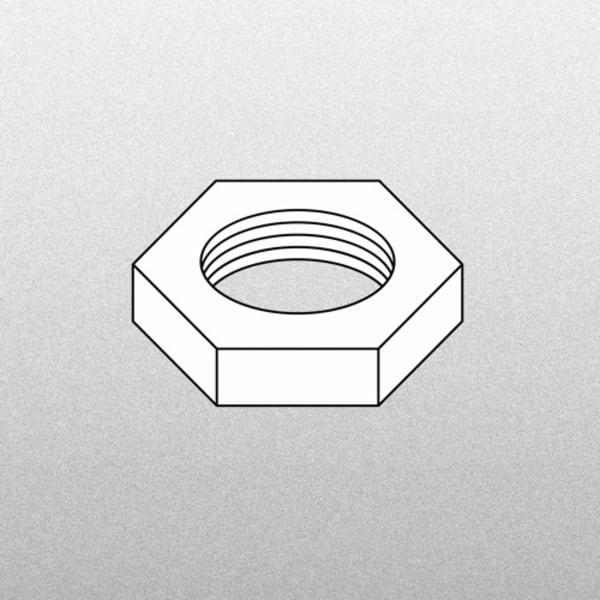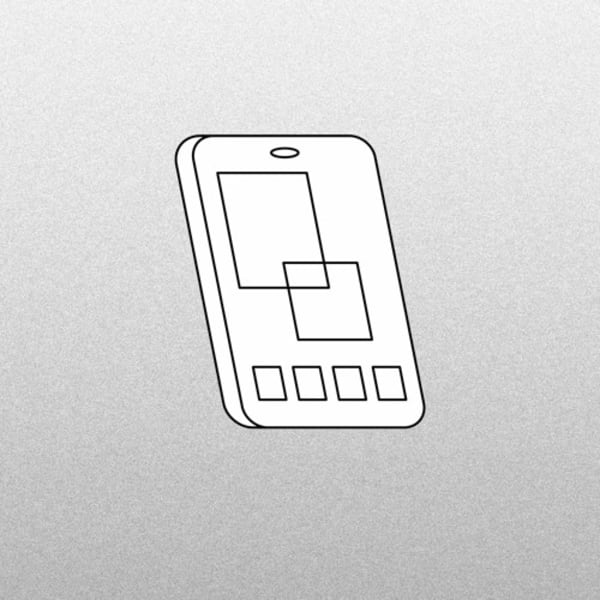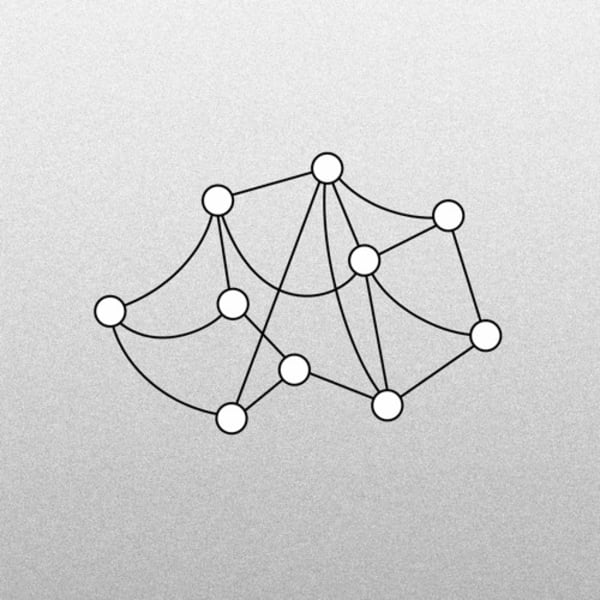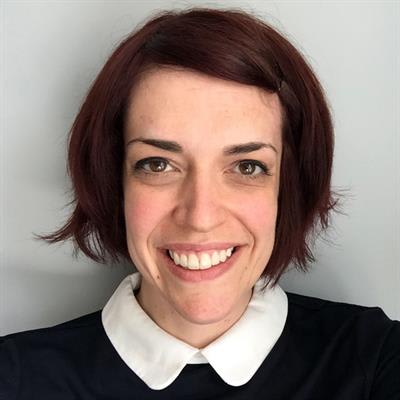Course units
Unit 1: Communication & Complexity
This unit develops a shared foundation for the study and practice of communication design in the context of global and local challenges. It unpacks a range of terminology, contexts and methods associated with both contemporary communication practice and notions of complexity.
The starting point for this course is to prioritise the design of more inclusive and accessible discourses around complex matters, beginning with what may be difficult to understand – and therefore to communicate – while questioning the impulse to simplify for the sake of communication.
Unit 2: The Collaborative Unit
This unit addresses the theme of collaboration through co-operation with other postgraduate courses in the College. By working co-operatively with fellow students from other courses, you will experience at first hand the value of diverse cross-disciplinary thinking and problem-solving that is central to communicating complexity.
Unit 3: Knowledges, Publics & Innovations
This unit features a sequence of context-specific and collaborative projects which experiment creatively and purposefully with contemporary local and global challenges. The ambition to challenge Eurocentric defaults and approaches to communication, information and data runs through all projects in this unit.
Knowledges explores the accessibility, interpretation, and dissemination of knowledge. It asks you to engage with the relationship between the form and circulation of knowledge. Publics explores how collaborative and participatory approaches to complex communication problems can achieve positive social, environmental, and economic change. Innovations focuses on how techniques, methods and approaches to communicating complexity can be applied to understand and re-imagine existing practices, technologies, networks and institutions.
At the end of the unit, students are supported to reflect on their practice and begin to define and scope their final major projects leading into Unit 4.
Unit 4: Major Project
The course culminates in a self-directed design project which significantly elaborates on your learning in prior units and supports your future ambitions. You will demonstrate how communication design can be harnessed to positively impact individual, institutional and public understanding of and engagement in pressing complex issues. You are encouraged to bring your own prior experience, local context and positioning to defining and developing this project. You will also be asked to project the legacy of your project beyond the end of the course in a way that demonstrates you have considered its long-term impact.
Important note concerning academic progression through your course:
If you are required to retake a unit you will need to cease further study on the course until you have passed the unit concerned. Once you have successfully passed this unit, you will be able to proceed onto the next unit. Retaking a unit might require you to take time out of study, which could affect other things such as student loans or the visa status for international students.
CSM Academic Support is delivered by a team of academics and practitioners working alongside your course to help you progress and achieve your maximum potential as a student. Academic Support can help you to develop your skills in different areas, including critical thinking, research and writing, time management, presentations and working independently and collaboratively. These may be offered as part of your timetabled classes or as bookable tutorials and workshops.
Mode of study
The course is delivered extended full-time over 60 weeks across two years. MA Communicating Complexity is designed to allow students to study while also undertaking employment, independent creative and professional practice or caring responsibilities.
Credit and award requirements
The course is credit-rated at 180 credits. On successfully completing the course, you will gain a Master of Arts (MA degree).
Under the Framework for Higher Education Qualifications, an MA is Level 7. All units must be passed to achieve the Masters but the classification of the award is derived from the mark for the final unit only.
If you are unable to continue the course, a Postgraduate Certificate (PG Cert) will normally be offered following the successful completion of 60 credits, or a Postgraduate Diploma (PG Dip) following the successful completion of 120 credits.









